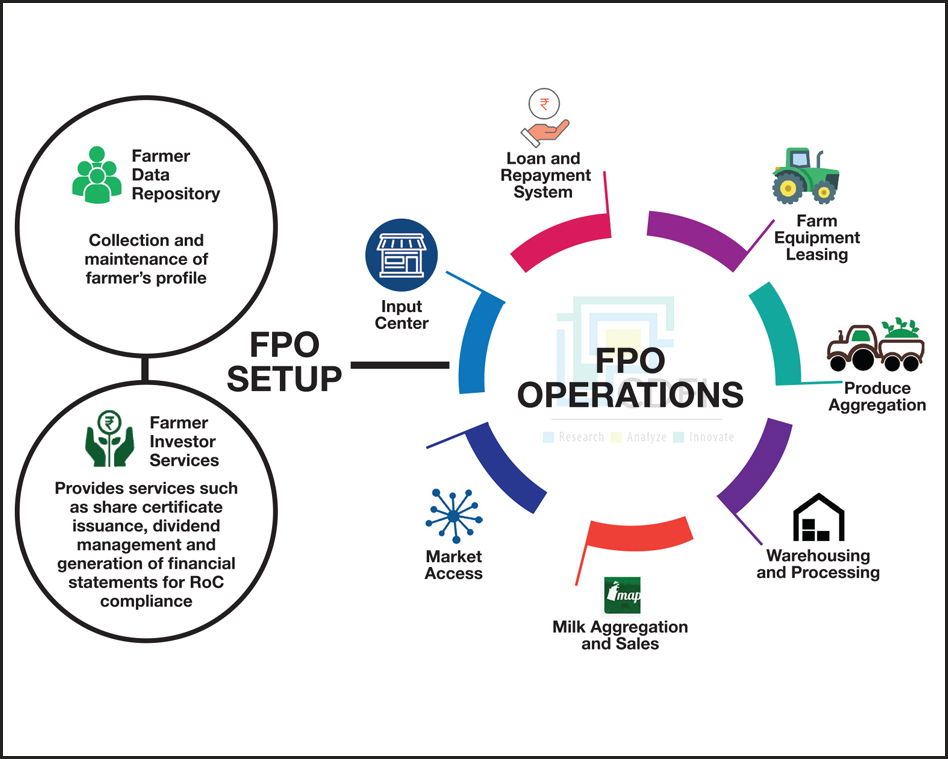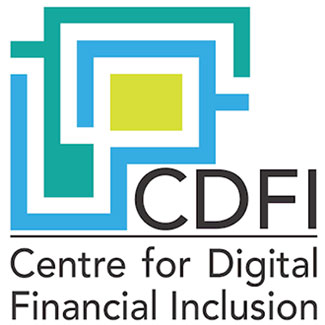
Consultant
Mar 10 2017
Policy makers take note of CDFI Recommendations

The CMs Committee on Digital Payments headed by Andhra Pradesh Chief Minister Sh. Chandrababu Naidu included CDFI’s recommendation on ‘Promoting Cashless Transactions through a Rebate on Income Tax’ in its report submitted to the Government of India earlier this year.
The aggressive efforts of the Government in reaching out for last mile connectivity and promotion of cashless payments, have given a new impetus to the digital financial inclusion space. The Government's approach to digitization, through various schemes like the Pradhan Mantri Jan Dhan Yojana (PMJDY), Electronic Payments & Receipts, Digital India, Payments Banks and the Demonetisation drive, make the writing on the wall very clear - Go Cashless and Go Digital!
The drive has gained further momentum after the announcement of the Union Budget 2017-18, in which a clear thrust has been provided to the apparatus required to enable e-payments. In that context, Centre for Digital Financial Inclusion (CDFI) has also been diligently working on supporting the Government to create an enabling ecosystem with the right framework, policies, programme support, research and innovation that will allow citizens of India to seamlessly adopt digital payments.
The objective is to go for a targeted approach towards deepening outreach, ensuring benefit delivery in an efficient, reasonable and effective manner, thereby ensuring greater financial inclusion.
The Centre, ever since its inception, has been stressing on the need to focus on getting every village on the ‘internet highway’. However, several reports point out that internet speed is a major concern area affecting access and delivery of many services being offered by Governments. While it would be unfair to expect that digital infrastructure can be created overnight, or even in a few months, it is heartening to see that CDFI's recommendations, made a year back, are being actively considered by our policy makers.
CDFI’s Policy Paper on 'Incentivizing cashless payments by giving tax rebate' had been widely circulated and presented to relevant ministries and departments. Recommendations were included in GOI's discussion paper on incentives for cashless payments (published on GOI's website).
In a paper published in June 2015, Mr. Krishnan Dharmarajan, Executive Director, CDFI had submitted that ‘the current set of policies and charging mechanisms are not aligned to encourage the citizen to adopt cashless modes of payment. Merchants do not encourage such transactions, due to potential tax implications as also due to the nominal charges payable to banks towards maintaining payment infrastructure.’
Once again, Mr. Krishnan in an article written for a leading newspaper on February 26, 2016, argued "Now, how do you nudge the honest taxpayer into putting his debit card to effective use for the larger good? And what about the trader who sells grocery and other products — will he play along?"
He had explained the challenge in simple words: "Under the current scheme of things, the seller of goods obviously has a lot to lose by accepting the debit card. For one, he stands to pay a merchant discount rate (varying from 0.75 per cent to 1 per cent), and this eats directly into his margin. More importantly, he also knows every such transaction is accounted for and, therefore, liable to be taxed. Suppose a sales tax concession is offered for such point-of-sale payments to go electronic as has been suggested in some quarters.” “Even then the shopkeeper would not be motivated — he’d much rather save the entire tax than claim a small indirect tax rebate for supporting the cashless drive."
Perhaps the answer lies in giving a small incentive to the taxpayer to use his card or mobile. This is what Mr. Krishnan had recommended. He articulated: “A carrot to the honest. For example, the Government could grant a 5 per cent income tax rebate for taxpayers who make more than 85% of their payments in cashless mode."
Post the Demonetisation drive, the Central Government had set up a 13 member Committee, comprising of six Chief Ministers (reference) under the Chairmanship of Andhra Chief Minister Shri Chandrababu Naidu. The Committee was formed to make recommendations on digital payment systems for promoting transparency, financial inclusion and also to prepare a financial inclusion road-map. In its interim report, the Committee called for formulating an incentive structure & removing disincentives to make digital payments more attractive than cash.
The report outlined the following actions:
- Relief in prospective taxes for encouraging merchants to accept digital payments and no retrospective taxation to merchants doing digital transactions;
- Tax incentives to be extended to micro ATMs, biometric sensors etc. Domestic production to be encouraged;
- Tax refund for consumers using digital payment up to a certain proportion of annual income;
- For Aadhaar Pay, biometric (FP & Iris) sensors to be provided at 50% subsidy to all merchant points; and
- Aadhaar Enabled Payment System to be promoted by incentivising & not charging MDR.
The Committee has also given a thrust to connectivity and mobile phones, which CDFI had proposed in January 2015 (see the article). While communicating CDFI’s recommendations, Mr. Krishnan had stressed on the need to focus on smart phones and connectivity. He had said: "Smartphones bring in far friendlier interfaces. While estimates vary, rural India now has more than 5 crore mobile internet users, with numbers likely to increase rapidly with plummeting smartphone prices."
The CMs Committee on Digital Payments has also recommended Ministry of Electronics and Information Technology to subsidize the purchases of smartphones by small merchants and those outside the income tax bracket. Committee has suggested a subsidy of up to INR 1000 to be provided for smartphones for non-income tax assesses or small merchants.
Since its inception in 2014, CDFI has been focusing its efforts on evolving new, innovative ideas and tools backed by firm research intended at giving a makeover to the digital payments space. CDFI has been working closely with policy makers to devise frameworks to reach out to the end users more effectively. CDFI is looking forward to be a part of this exciting journey to make India digital, cashless and financially inclusive.
Recent Posts





